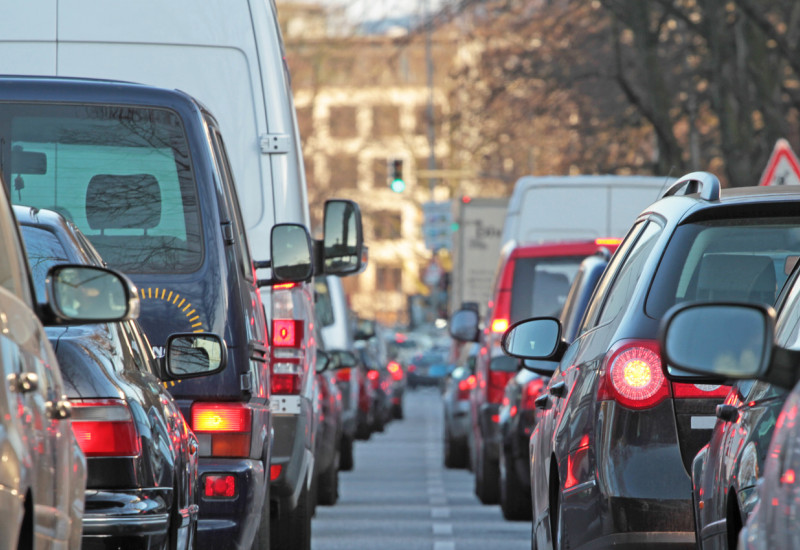Some 2.8 million people in Germany were employed in the environmental protection sector in 2017, says a recent report by the German Environment Agency (UBA). The importance of environmental protection for the labour market has continued to grow in recent years. In 2010, 5.9 percent of the labour force was employed in the environmental protection sector, rising to 6.4 percent in 2017 . read more










